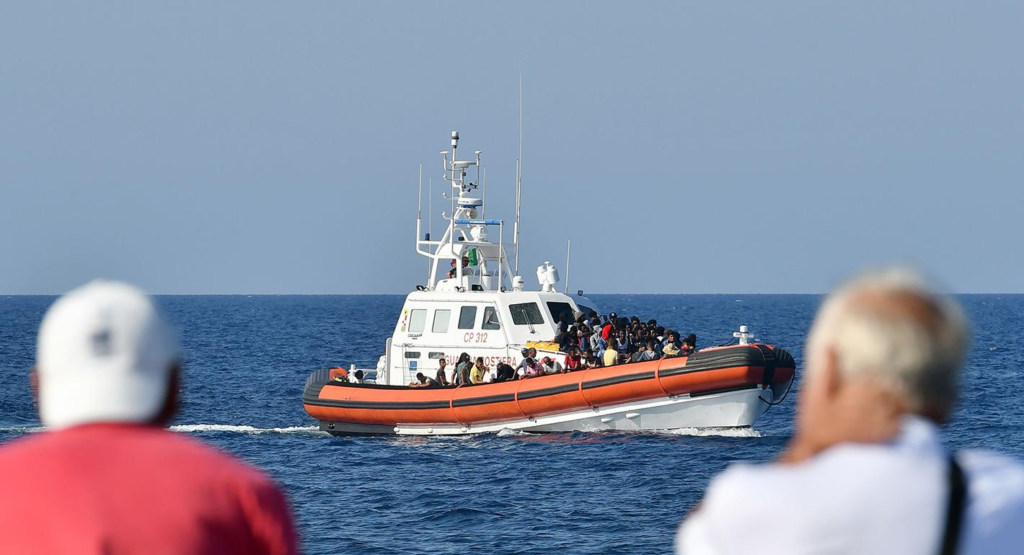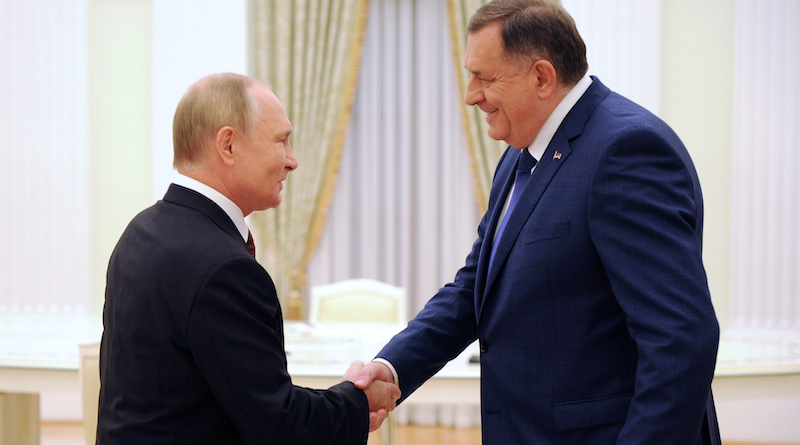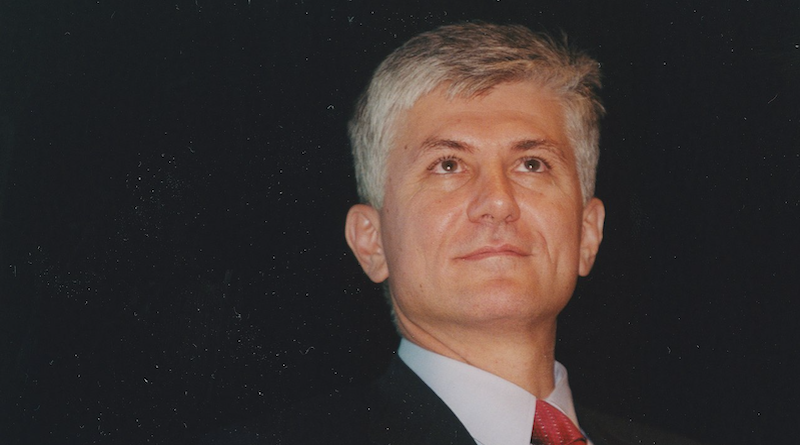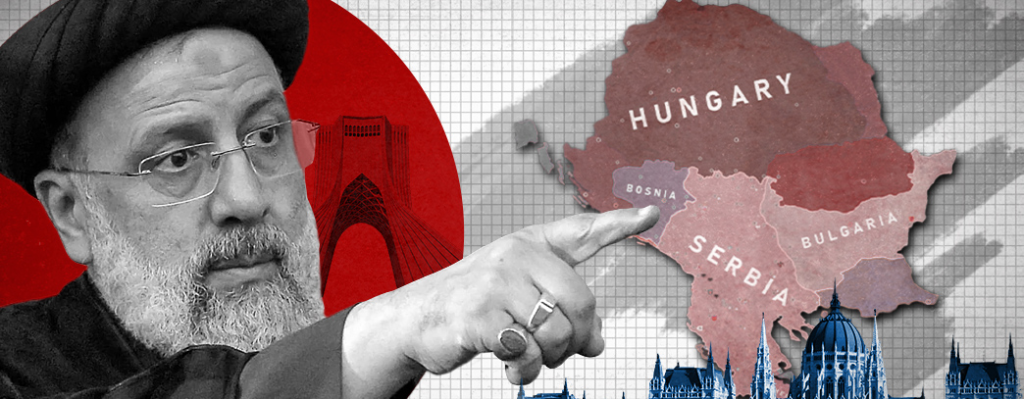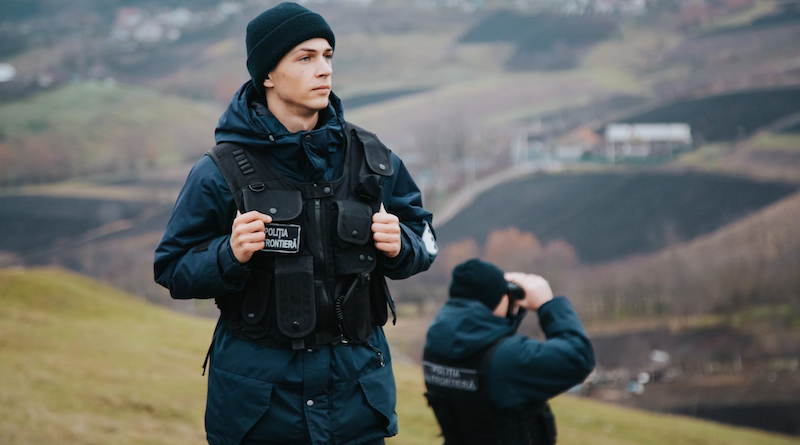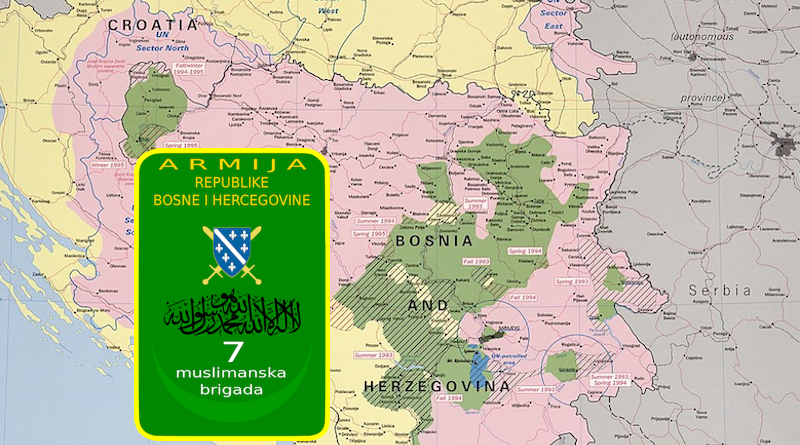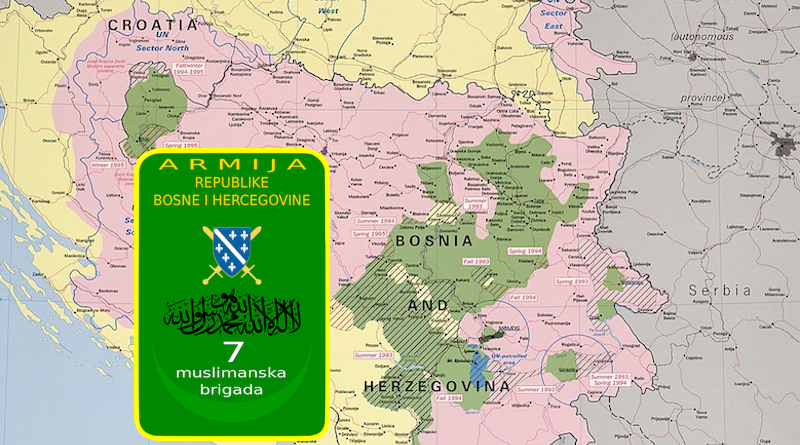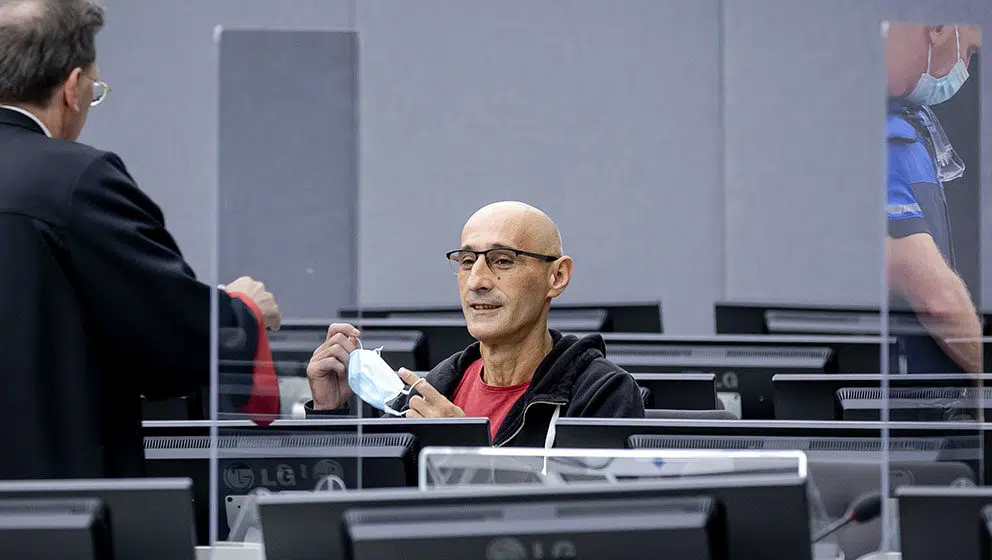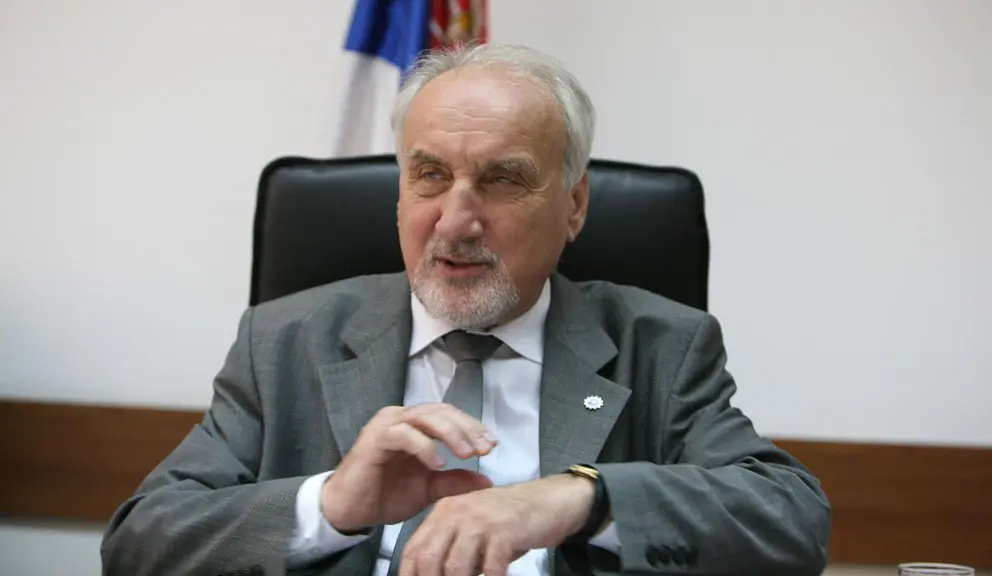Bulgaria Refuses To Send Soviet-Era Fighter Jets And Tanks To Ukraine
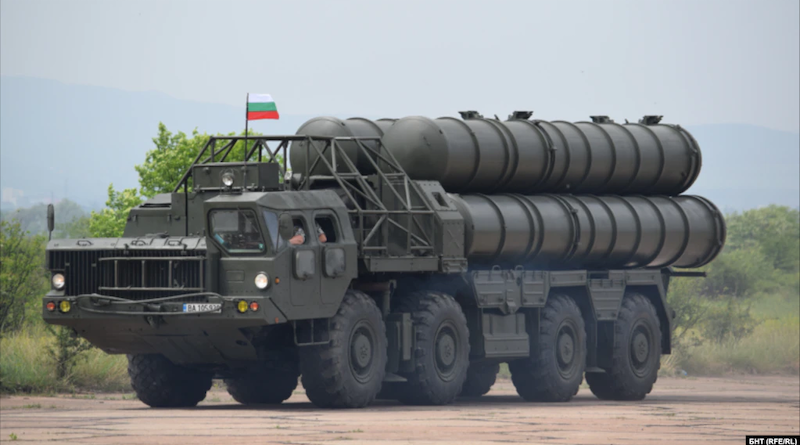
With its stockpile of Soviet-era weapons, Bulgaria, home to a thriving arms industry, could be a key ally of Ukraine, which is trained on and equipped with such arms, in its war against invading Russian forces.
But with parliament now dissolved ahead of elections on April 2, the fifth snap poll in two years amid political uncertainty, the caretaking government is in no mood to provide lethal aid to Kyiv, appointed as it was by President Rumen Radev, who is known for his pro-Kremlin leanings.

